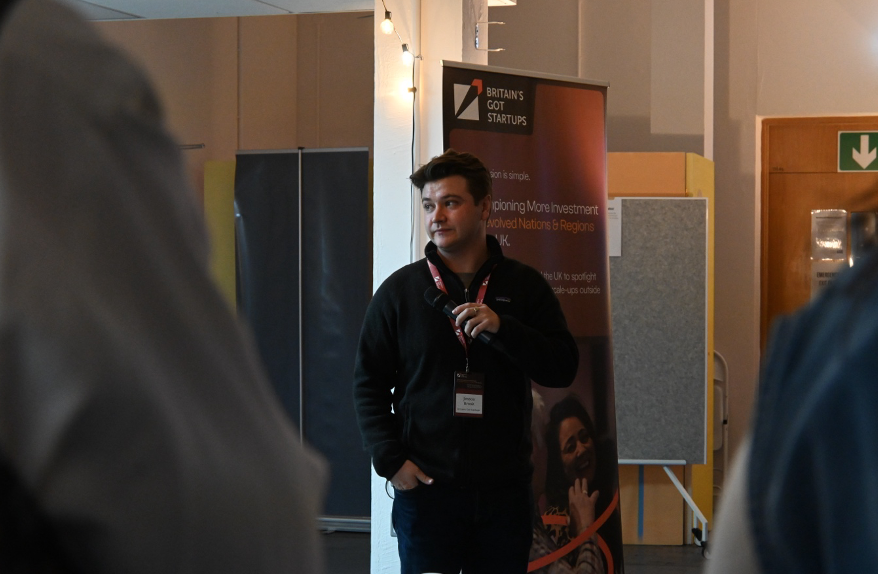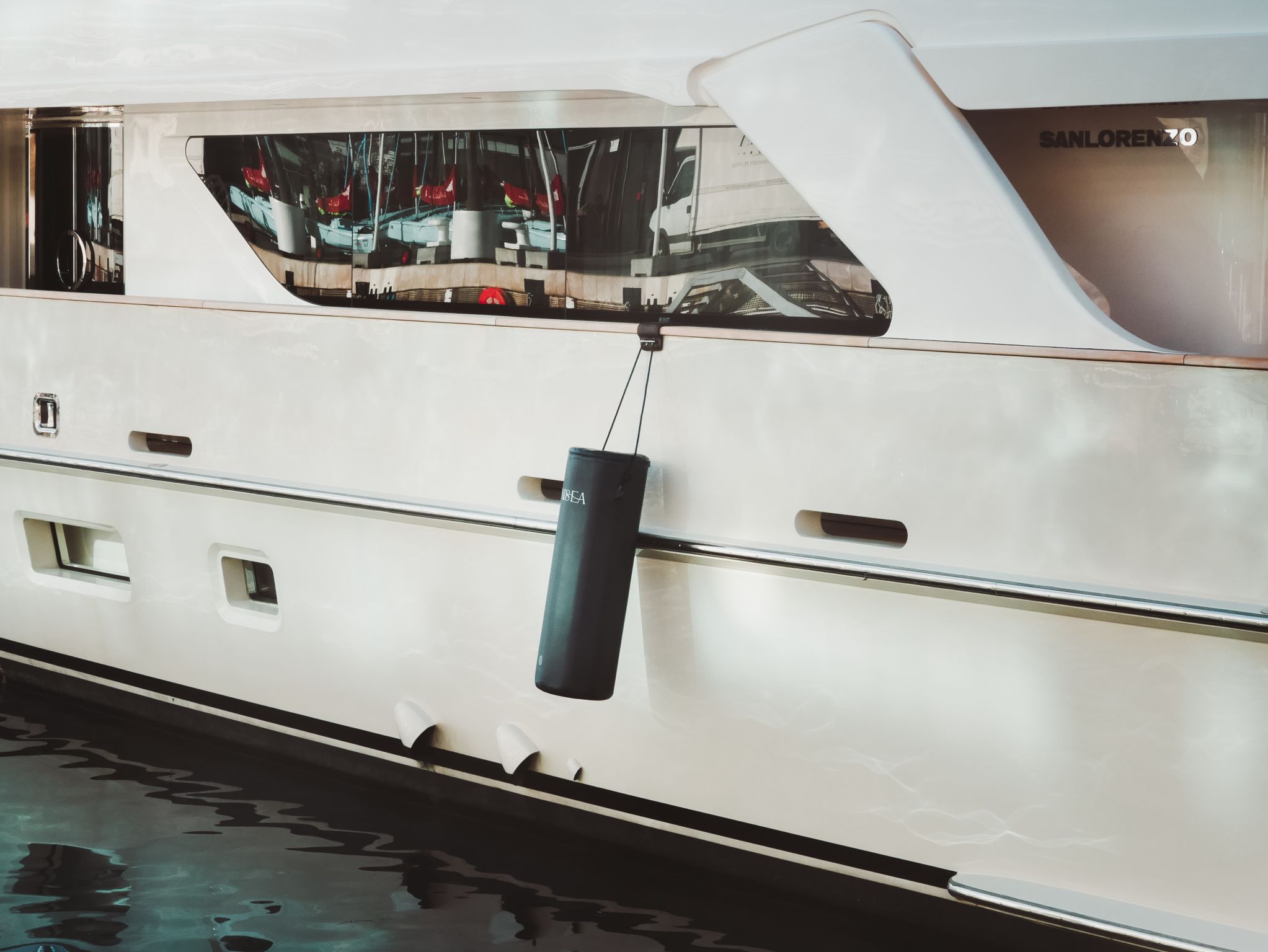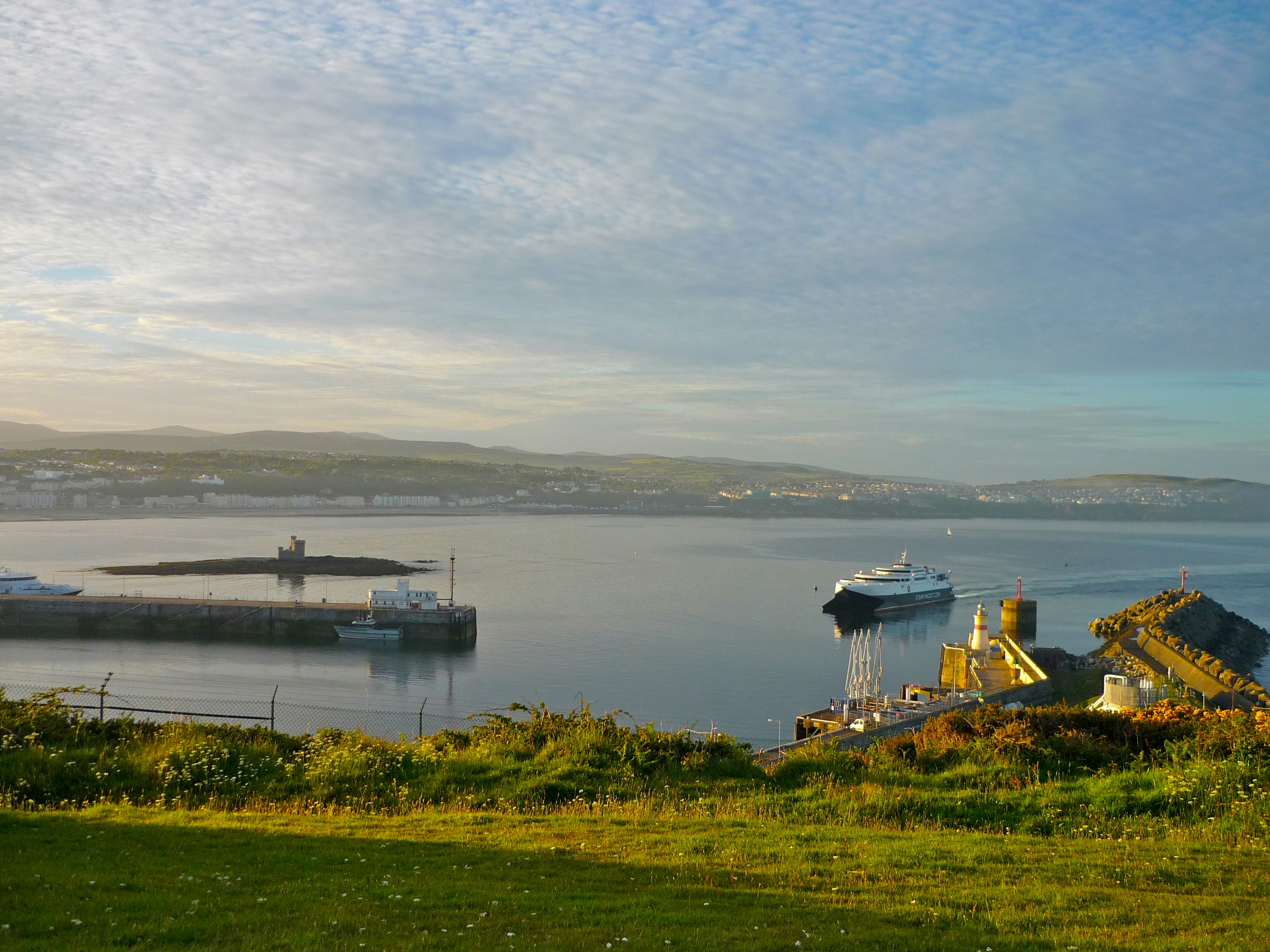
Matt Hodson of Celtic Sea Power shares how floating offshore wind could transform Cornwall and why collaboration is key to this clean energy revolution.
Floating offshore wind (FLOW) could be a game-changer for the Celtic Sea region — and at the heart of this transformation is Celtic Sea Power. As COO of the Cornwall Council-owned organization, Matt Hodson is helping lead efforts to ensure the region doesn’t just host renewable energy projects, but benefits deeply from them.
Ahead of the International Business Forum in Cornwall, Matt shares insights into why FLOW is a once-in-a-generation opportunity, how Cornwall is positioning itself as a renewable energy hub, and why regional collaboration will be key to success.
Celtic Sea Power’s mission is to support the sustainable development of floating offshore wind (FLOW) and maximize the once-in-a-generation opportunity for Cornwall and the wider Celtic Sea region.
As an arms-length company owned by Cornwall Council, Celtic Sea Power (CSP) is working in the Celtic Sea region, for the Celtic Sea region to ensure that, wherever possible, local people feel the social and economic benefits of one of the most ambitious FLOW pipelines in the world.
The Celtic Sea Region can be defined as the UK waters to the west/ southwest of the UK including the bordering regions of South Wales and the South West of England.
It can be categorized as;
• Having exploitable wind resources in the range of 8.9GW to 14.9GW (based on The Crown Estates test and demonstration leases, round 5 project development areas and “Future of Offshore Wind” report) with the potential to contribute between 8% to 15% of the circa 100GW of Offshore wind requirement for 2040-50 forecast by the 2024 Future Energy Scenarios.
• Being connectable – the Holistic Network Design Follow Up Exercise carried out by the Electrical System Operator has finalized a design which will enable the three Round 5 project areas to connect to the grid.
• Being closer to demand centres than other UK regions.
• Being a “green field” basin in terms of no offshore oil & gas or fixed offshore wind legacy – yet having an industrial legacy (in maritime, energy, steel, concrete sectors and associated capability) which could provide UK content additionally from FLOW. E.g. Anchors and mooring, operations and maintenance, FLOW substructures.
• Host to some of the UK’s most impoverished coastal communities. FLOW has the potential to drive significant socio-economic uplift if “social value” is embedded in its development and delivery.
• Having strong regional identities within the area, all with similar outlooks, challenges and aspirations.
Industrial development of FLOW in the Celtic Sea should boost the region’s economy, root high-quality jobs into the area, increase export potential of existing capability and support a sustainable energy transition which achieves net environmental benefits. To this end, CSP are proactively working across five strategic pillars:
Regional Coherence, Environment, Infrastructure, Industry and Workforce
The significant pipeline of projects has the potential to unlock generational investment in the critical strategic infrastructure and regionally anchored industrial activity, which has been adjudged (by a number of studies) as being essential for delivery. (ie significant elements of the FLOW system are locationally sensitive).
Based on the requirements of three projects totally 4.5 GW (as per Round 5) it has been estimated that such investment could deliver £1.4bn of additional GVA to the UK economy.
Given the scale of what is in front of us, it is essential that we work with our regional partners to ensure that we can collectively meet the significant challenges, and maximize the opportunities, that industrial FLOW on our doorstep brings.
In particular, there are significant early opportunities to work together on marine governance issues which transcend national borders.
The scale of the build out is significant, 4.5GW of capacity equates to around 300 turbines. The additional port infrastructure that is required to deliver the locationally sensitive elements of the FLOW system is in the region of 25 to 50ha (based on sequential project build out versus parallel project build out).
To fully deliver multi-port options will be required with sufficient industrial capability and capacity to (as a minimum) assemble, store, install and maintain 30 to 50 turbines and balance of plant per year. There is an opportunity to reduce reliance on long supply chains, improve UK resilience and UK returns.
This requires anticipatory investment in both infrastructure and business scale-up. The current project pipeline would appear to be insufficient to unlock such investment, primarily due to demand and timing risk.
• Demand risk – will the infrastructure and/ or capability built in advance be correct for the projects when they reach a Financial Investment Decision?
• Timing Risk – when (and if) projects reach a Financial Investment Decision, when will infrastructure/supply chain revenues flow?
These challenges are not unique to the Celtic Sea but are exacerbated by the “green field” nature of the region. Celtic Sea Power works collaboratively to understand the friction points than make efforts to take action, develop exemplar approaches with the potential to deliver action and/or support those who are better placed to take action.

The future of clean energy in the Celtic nations is being shaped now — and Cornwall is right at the center of it. Matt Hodson and Celtic Sea Power are proving that with the right investment, partnerships, and vision, the Celtic Sea can become a beacon of sustainable industry and regional growth.
Join us at the International Business Forum on April 25 in Cornwall and connect with the innovators shaping the region’s future.
👉 Register now to attend

Jenson Brook, founder of Novus Capital, shares his approach to supporting innovative startups and expanding access to funding beyond London.
Read More
La startup lorientaise Fendsea entre dans une nouvelle phase de croissance, portée par son développement commercial et son expansion internationale.
Read More
On 15 December, we officially launched Global Cornish at Westminster, bringing together nearly 200 Cornish diaspora from business, politics, culture, and sport.
Read More
Dirigeants bretons, développez votre réseau interceltique. Découvrez pourquoi et comment participer à l’Interceltic Business Forum 2026 à l’Île de Man.
Read More